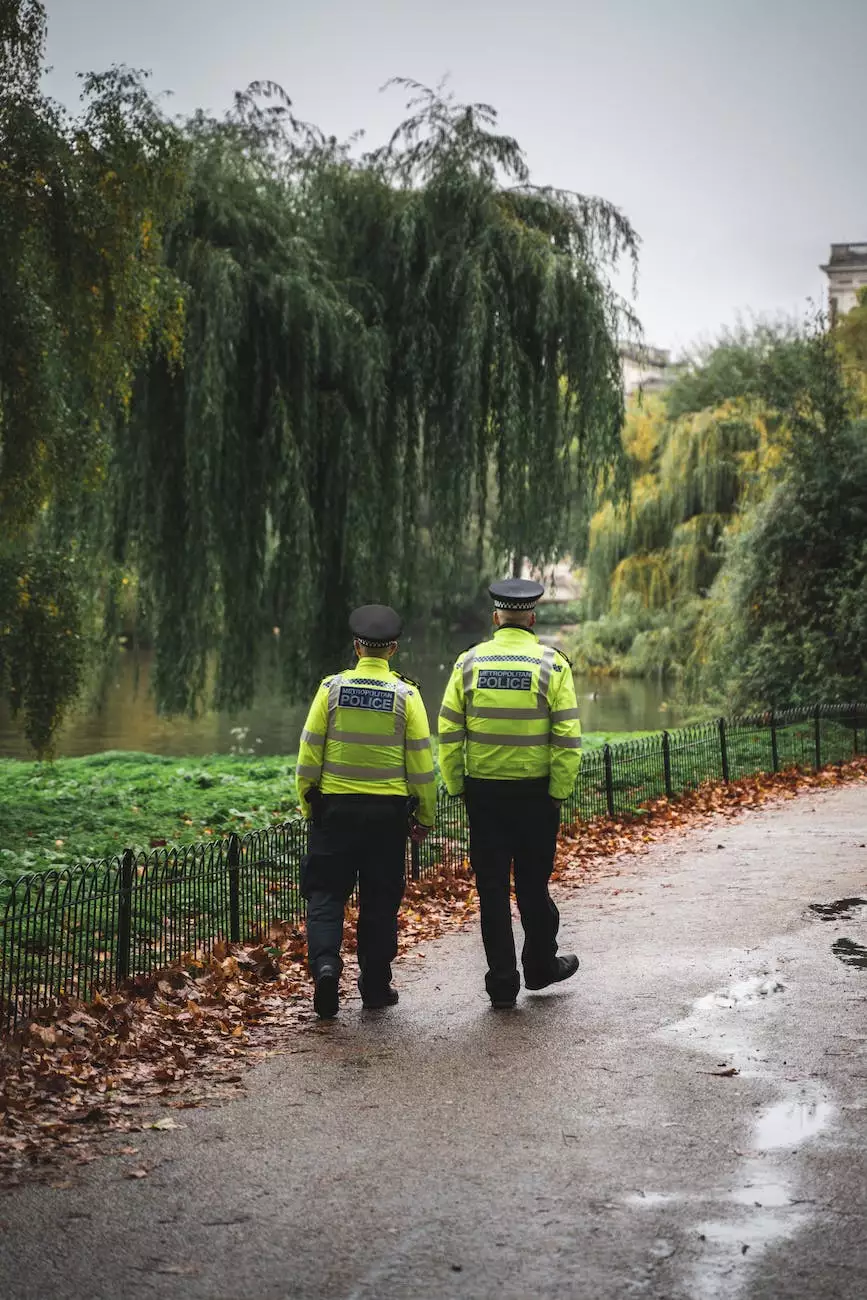What Evidence Can Establish a Lost Will in the State of Iowa?
Practice Areas
Introduction
Welcome to the Troy Powell Law Firm, a premier legal firm specializing in estate planning and administration in the state of Iowa. In this article, we will delve into the nuances of establishing a lost will in Iowa and provide you with the necessary guidance to navigate through this complex process.
The Importance of a Will
A last will and testament is a critical legal document that outlines your final wishes regarding the distribution of your assets, care for your dependents, and the appointment of an executor. Having a valid will ensures your intentions are carried out, providing peace of mind to you and your loved ones.
The Challenge of a Lost Will
Unfortunately, circumstances may arise where a will cannot be located. This can create significant challenges during the probate process, as a valid will is required to guide the distribution of assets according to the testator's wishes. However, it's important to note that the absence of a physical will does not necessarily mean it doesn't exist.
Establishing a Lost Will in Iowa
When faced with a lost will situation, specific evidence must be presented to the court to establish the validity of the missing document. While each case is unique, there are several key factors that can help determine the existence and terms of a lost will:
1. Testimony of Witnesses
If witnesses were present during the creation and signing of the lost will, their testimony becomes crucial evidence. The court will carefully consider the credibility of the witnesses and the details provided to determine the validity of the will.
2. Drafts or Copies
Any drafts, photocopies, or electronic versions of the lost will can significantly strengthen your case. These documents can help establish the original terms and intent of the testator, even if the physical will cannot be located.
3. Safe Deposit Boxes or Storage Facilities
If the testator utilized a safe deposit box or storage facility, it's essential to search for any records or documents related to the existence and location of the will. These records can provide valuable clues in proving the will's existence.
4. Expert Testimony
In some cases, expert testimony may be required to analyze handwriting, signatures, or other aspects of the lost will to verify its authenticity. Our experienced legal team can help you identify and present the necessary expert witnesses to strengthen your case.
5. Circumstantial Evidence
Any additional circumstantial evidence, such as correspondence, financial statements, or statements made by the testator, can further support the existence of the lost will. These pieces of evidence can help paint a comprehensive picture of the testator's intent and strengthen your claim.
Conclusion
Establishing a lost will in the state of Iowa can be a complex and challenging process. However, with the guidance and expertise of the Troy Powell Law Firm, you can navigate through these difficulties and increase your chances of establishing the existence and terms of the lost will. Contact our knowledgeable team today to discuss your unique situation and receive the dedicated support you deserve.




